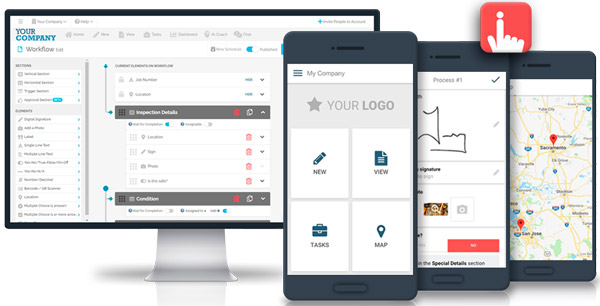As the world grapples with the urgent need for sustainable energy solutions, Decentralized energy systems have emerged as a promising alternative to traditional centralized power generation. These systems, which generate and distribute energy at or near the point of use, offer numerous benefits, including increased Energy efficiency, reduced transmission losses, and greater resilience to power outages. However, they also present unique challenges that must be addressed to fully realize their potential. In this context, digital workflow solutions like FAT FINGER can play a crucial role in facilitating the successful implementation and management of Decentralized energy systems.
Challenges of Decentralized Energy Systems

Despite their potential benefits, Decentralized energy systems face several hurdles that can impede their widespread adoption.
- Technical Challenges: The integration of Decentralized energy resources into the existing grid infrastructure can be technically complex, requiring sophisticated control systems and advanced communication networks.
- Regulatory Barriers: In many jurisdictions, energy regulations and market structures are designed around centralized power generation, creating barriers for Decentralized energy systems.
- Financial Constraints: The upfront costs of Decentralized energy technologies can be high, making them financially unattractive for many potential users.
Opportunities of Decentralized Energy Systems
Despite these challenges, Decentralized energy systems also present significant opportunities.
- Energy Efficiency: By generating energy close to the point of use, decentralized systems can significantly reduce transmission and distribution losses, leading to increased Energy efficiency.
- Resilience: Decentralized energy systems are less vulnerable to large-scale power outages, providing greater energy security and resilience.
- Sustainability: Many Decentralized energy technologies, such as solar panels and wind turbines, are based on Renewable energy sources, contributing to the transition towards a more sustainable energy system.
The Role of FAT FINGER in Decentralized Energy Systems

FAT FINGER, a digital workflow procedure builder, can play a pivotal role in addressing the challenges and harnessing the opportunities of Decentralized energy systems. By enabling front-line teams to build checklists, workflows, and digital procedures, FAT FINGER empowers them to perform their work correctly every time, unlocking operational excellence.
For instance, FAT FINGER’s drag & drop workflow builder can be used to design and implement complex control systems for Decentralized energy resources. Its mobile and desktop workflows can facilitate communication and coordination among different stakeholders, while its dashboards can provide real-time insights into system performance.
Furthermore, FAT FINGER’s augmented reality and IoT device connectivity features can enhance the efficiency and effectiveness of maintenance and operations tasks, such as material inspection, quality control, and preventive maintenance inspection.
Conclusion
Decentralized energy systems present both challenges and opportunities. While they face technical, regulatory, and financial hurdles, they also offer the potential for increased Energy efficiency, greater resilience, and enhanced Sustainability. Digital workflow solutions like FAT FINGER can play a crucial role in overcoming these challenges and capitalizing on these opportunities, by empowering front-line teams to perform their work correctly every time.
By leveraging FAT FINGER’s capabilities, organizations can successfully implement and manage Decentralized energy systems, unlocking operational excellence and contributing to a more sustainable energy future.
Ready to explore how FAT FINGER can empower your team and enhance your Decentralized energy system? Sign up for FAT FINGER or request a demo today.


